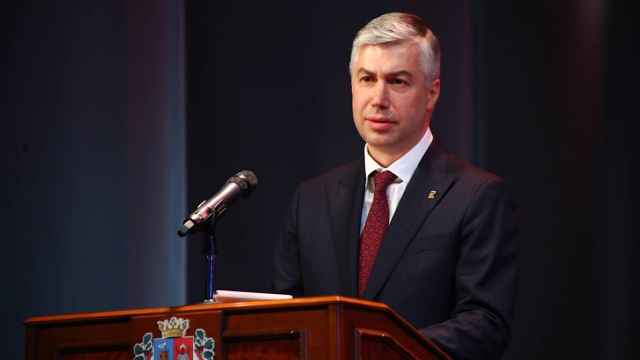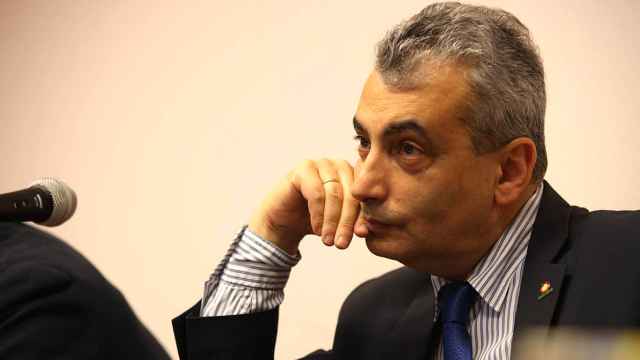Russian President Vladimir Putin has signed into law a raft of controversial anti-terror legislation, the Kremlin announced Thursday.
The laws include increasing government powers of surveillance, strengthening the punishment for inciting or justifying terrorism online and increasing the number of crimes with which children between the ages of 14 and 17 can be charged.
Both businesses and human rights groups have spoken out against the laws, with Russian Internet giant Yandex claiming that they will lead to the “excessive limitation of the rights of companies and users.”
Edward Snowden, the U.S. intelligence whistleblower granted asylum in Russia in August 2013, has criticized his new country of residence for the legislation, calling for condemnation of the “Big Brother” law. “Putin has signed a repressive new law that violates not only human rights, but common sense. Dark day for Russia,” he wrote on Twitter.
A number of Russia's major mobile phone operators also complained against legislation requiring them to store user correspondence.
“The law has been passed along with a list of recommendations to the government designed to minimize potential financial risks,” Kremlin spokesman Dmitry Peskov told journalists Thursday.
“If the law produces any undesired outcomes, the government will introduce measures accordingly by presidential decree,” Peskov said.
The laws, which come into force on July 20, were developed by ultra-conservative United Russia lawmaker Irina Yarovaya and Federation Council member Viktor Ozerov. Yarovaya has been behind a number of controversial laws including the criminalization of offending religious beliefs, allowing police to fire at crowds, banning drug users from entering employment and the requirement of NGOs who receive foreign funding to register as “foreign agents.”
A Message from The Moscow Times:
Dear readers,
We are facing unprecedented challenges. Russia's Prosecutor General's Office has designated The Moscow Times as an "undesirable" organization, criminalizing our work and putting our staff at risk of prosecution. This follows our earlier unjust labeling as a "foreign agent."
These actions are direct attempts to silence independent journalism in Russia. The authorities claim our work "discredits the decisions of the Russian leadership." We see things differently: we strive to provide accurate, unbiased reporting on Russia.
We, the journalists of The Moscow Times, refuse to be silenced. But to continue our work, we need your help.
Your support, no matter how small, makes a world of difference. If you can, please support us monthly starting from just $2. It's quick to set up, and every contribution makes a significant impact.
By supporting The Moscow Times, you're defending open, independent journalism in the face of repression. Thank you for standing with us.
Remind me later.





